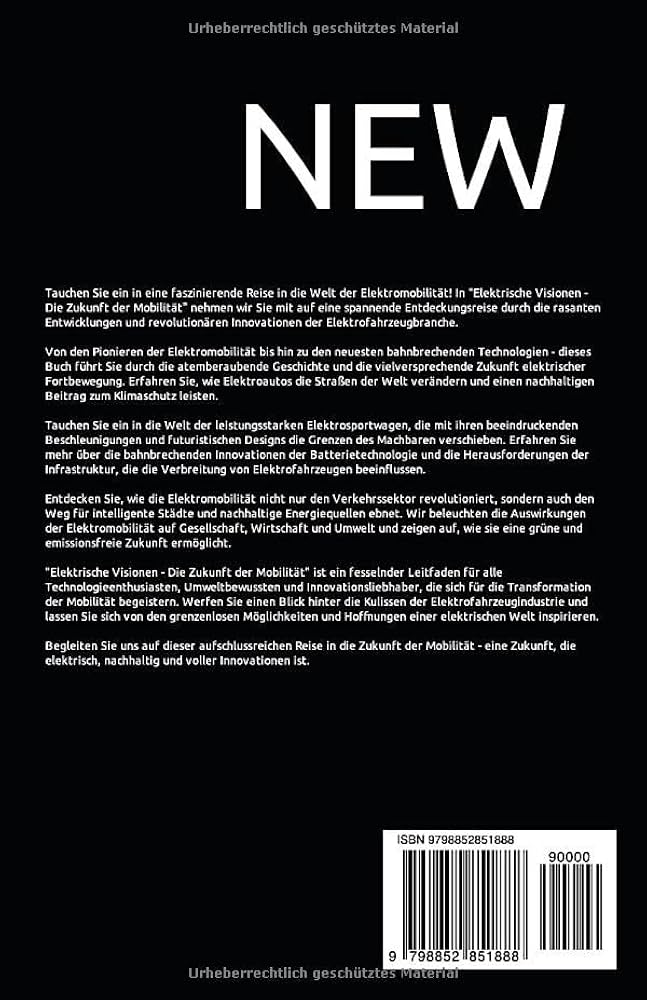Liz Truss and the Mortgage Mayhem: How Much Blame Does She Deserve?
The name Liz Truss has been echoing throughout the general election debates, and for good reason. Her brief stint as the Prime Minister of the United Kingdom has left a lasting impact on the country’s economy, particularly when it comes to mortgages and interest rates.
Mortgage rates have been on the rise
More than 104,000 people signed up for a mortgage in the two months following Liz Truss’s premiership, likely fixing to a higher rate as a result. The Labour Party has been quick to remind voters of the unfunded tax cuts and spending plans announced in the September 2022 mini-budget, which caused government borrowing to soar and necessitated an intervention by the Bank of England to prevent a collapse of pension funds.
“It is and it isn’t.” - The question of whether Liz Truss is to blame for more expensive borrowing.
The average new mortgage rate rose significantly in the days, weeks, and months following the mini-budget as lenders feared the Bank of England would make borrowing more expensive via elevated interest rates and uncertainty meant banks and building societies pulled back.
Inflation has been a global problem
Labour has said monthly mortgage payments increased by £221 in the nearly two years since Ms Truss’s policy announcement, according to their analysis of Office for National Statistics (ONS) data. But is it right to attribute more expensive borrowing to Liz Truss?
During the period where mortgage lending was most volatile - the two months after the 23 September policy announcement - 104,100 people signed up for new mortgages, according to Bank of England data for October and November 2022. Fewer people than before were taking out mortgages during those months due to the instability, so lending was not at usual levels.
Mortgage approvals were significantly down
While pandemic-era savings and the desire for space created a house-buying boom, October and November 2022 mortgage approval figures were significantly down from 2021 numbers. After a five-month run starting from September 2022, mortgage approvals reached a low not seen since January 2009, the time of the global financial crash, Bank of England money and credit figures showed.
It is, however, possible that those more than 100,000 new mortgagors would have had cheaper rates if there were no market turmoil in the bond market and pensions industry. Through most of October and November 2022, mortgage rates mostly remained above 6% for the average two and five-year deal - more than double the 3% base interest rate set by the Bank - according to figures from financial information website Moneyfacts.
Interest rates have been on the rise
Given the market chaos that followed the mini-budget policies and the fact interest rates hadn’t yet been hiked to a 15-year high, it can be argued Ms Truss’s actions made this sharp rate raise more likely, which then kept mortgage rates expensive.
The key cause of inflation was sky-high energy costs, and it’s the Bank that’s tasked with bringing it under control. Its monetary policy intervention - to up the interest rate by 0.75 percentage points rise was the biggest increase at any one point in time since 1992.
The Bank of England has been working to control inflation
Inflation can’t be blamed on Ms Truss - after the energy price shock as Western countries weaned off Russian fossil fuel imports and COVID-era lockdowns made shipping goods trickier, inflation has been a global problem. So higher interest rates can’t be pinned on her.
Nonetheless, during her short time in office, the expectations for the Bank’s interest rate in the coming year rose from less than 4% to around 6%. It’s hard to attribute the pulling of mortgage products and rapid rise to 6% for two and five-year fixed deals to any other cause than the fallout from Ms Truss’s 23 September announcement.
Liz Truss’s policies had a lasting impact
In conclusion, while Liz Truss’s policies did contribute to the rise in mortgage rates and interest rates, it’s unfair to blame her entirely for the current state of the economy. The global economy has been facing numerous challenges, and the UK is not immune to these issues. However, it’s undeniable that her brief stint as Prime Minister has left a lasting impact on the country’s economy.















